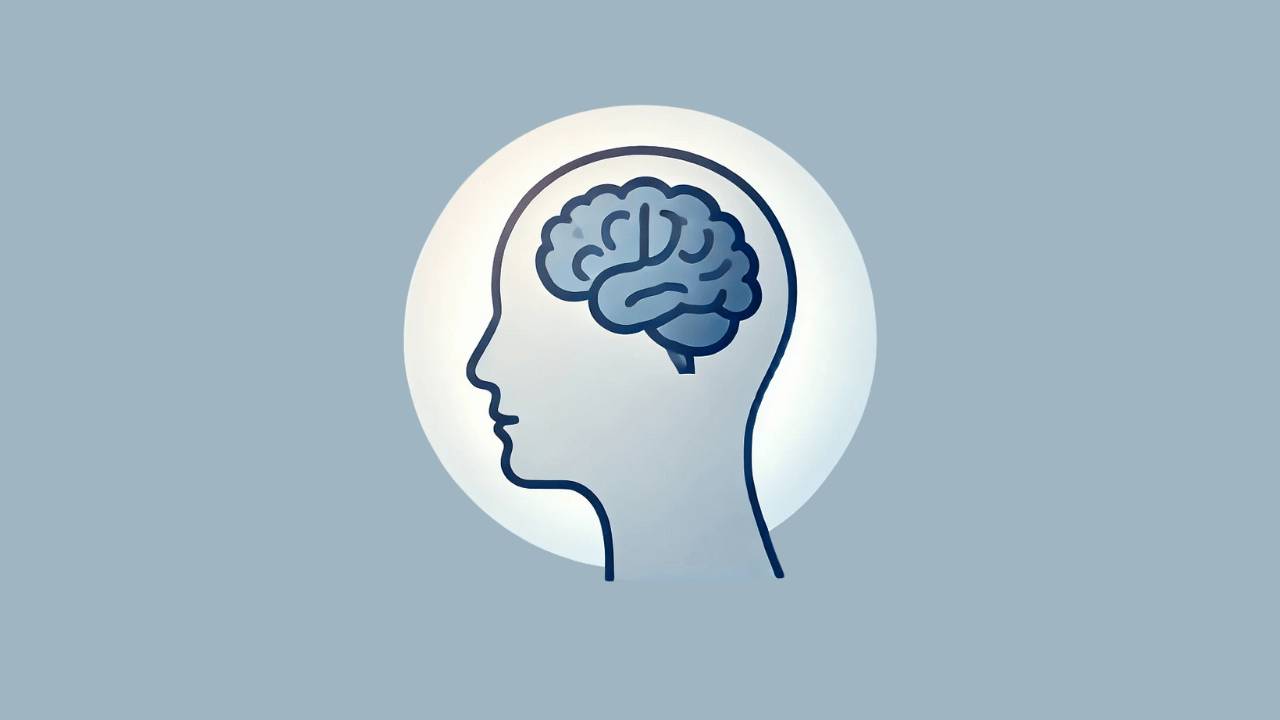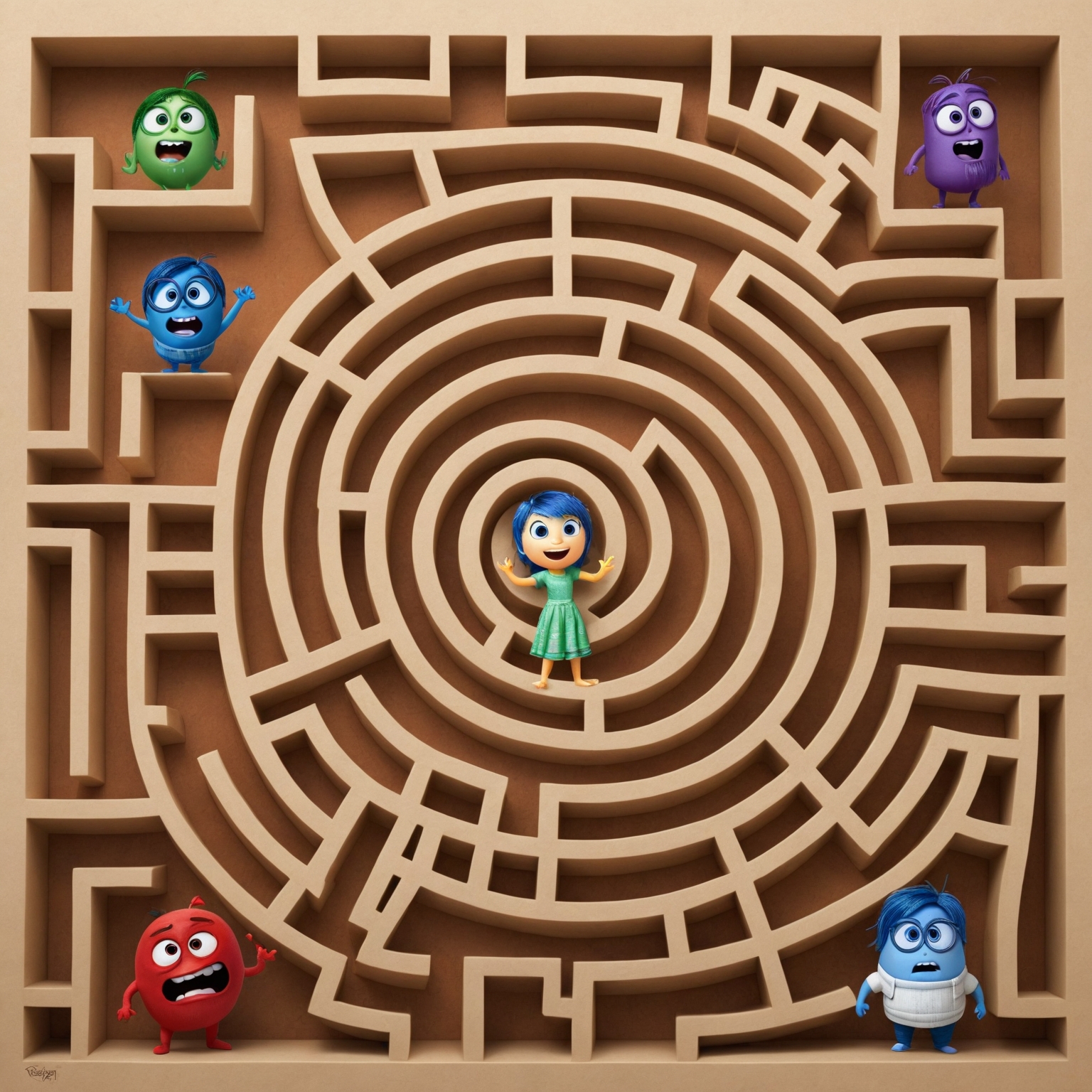Developing Emotional Intelligence: The Key to Leadership and Success
Jul 28, 2024
Why Emotional Intelligence Matters
Emotional Intelligence (EI) is a game-changer for personal and professional growth. The ability to understand, manage, and express emotions effectively can shape careers, relationships, and overall well-being. While IQ measures logic and problem-solving, EI focuses on self-awareness, empathy, and interpersonal skills—crucial attributes for effective leadership.
The Emotional Intelligence Showdown: Olympic Edition 🌟
A Fable on Emotional Intelligence
Imagine the 2024 Emotional Intelligence Olympics, held in Paris alongside the Summer Games. Four renowned figures compete in four key EI challenges:
-
Elon the Innovator: A visionary with groundbreaking ideas but struggles with interpersonal connections.
-
Donald the Bold: Charismatic and confident but prone to impulsivity.
-
Oprah the Compassionate: A natural nurturer but occasionally struggles with setting boundaries.
-
Satya the Empathetic: An excellent listener who sometimes avoids conflict.
Each competitor faces challenges that test the core pillars of emotional intelligence.
Challenge 1: The Mirror of Self-Awareness
Event: The contestants enter the Hall of Mirrors in the Louvre, reflecting their strengths and weaknesses.
-
Elon realizes he excels at innovation but lacks personal connection. He commits to seeking team feedback.
-
Donald sees exaggerated reflections of his impulsiveness. He begins practicing mindfulness to improve self-awareness.
-
Oprah notices she gives too much without setting boundaries. She prioritizes self-care.
-
Satya acknowledges his conflict-avoidance tendencies. He starts assertiveness training.
💡 Real-World Application: Reflect on your own strengths and weaknesses. Seek feedback and practice mindfulness to improve self-awareness.

Challenge 2: The Labyrinth of Self-Regulation
Event: The gardens of Versailles host a maze full of emotional triggers.
-
Elon struggles with perfectionism but learns to pause and take deep breaths before reacting.
-
Donald becomes frustrated but adopts a strategy of counting to ten before responding in tense situations.
-
Oprah and Satya use gratitude exercises to maintain emotional balance.
💡 Real-World Application: Develop self-regulation techniques such as deep breathing, pausing before reacting, and practicing gratitude to manage emotions effectively.

Challenge 3: The Empathy Enigma
Event: Held in Montmartre, contestants navigate emotionally charged scenarios created by artists.
-
Elon shifts from logic-driven responses to actively listening.
-
Donald practices open-ended questioning to deepen connections.
-
Oprah excels, using empathetic language to validate emotions.
-
Satya facilitates inclusive discussions, ensuring everyone feels heard.
💡 Real-World Application: Strengthen empathy by listening actively, observing body language, and asking open-ended questions.

Challenge 4: The Social Skills Duel
Event: On the Champs-Élysées, competitors engage with locals to build rapport.
-
Elon simplifies his language to connect better.
-
Donald tempers his humor to be more inclusive.
-
Oprah wins hearts with authenticity and warmth.
-
Satya fosters trust through inclusive conversations.
💡 Real-World Application: Improve social skills by refining communication, using humor thoughtfully, and demonstrating genuine interest in others.

What is Emotional Intelligence?
Emotional Intelligence (EI) is the ability to understand, manage, and influence emotions in yourself and others. It comprises five key components:
-
Self-Awareness: Recognizing and understanding emotions.
-
Self-Regulation: Managing emotions constructively.
-
Motivation: Harnessing emotions to achieve goals.
-
Empathy: Understanding and relating to others' emotions.
-
Social Skills: Effectively navigating relationships and communication.
How Emotional Intelligence Enhances Leadership
EI vs. IQ: Finding the Balance
While IQ is essential for problem-solving, EI is crucial for leadership and collaboration. High EQ allows leaders to:
✔ Manage stress effectively
✔ Inspire and motivate teams
✔ Handle conflicts diplomatically
✔ Build strong relationships
✔ Make thoughtful decisions under pressure
Example: In high-pressure environments like operations, a balance of IQ and EQ is essential. While technical skills are necessary, leaders must navigate interpersonal dynamics, motivate teams, and foster collaboration.
How to Develop Emotional Intelligence at Work
1. Practice Mindfulness
-
Daily Reflection: Journal about emotional reactions.
-
Meditation: Use mindfulness techniques to enhance self-awareness.
2. Seek Feedback
-
Ask Colleagues: Regular feedback helps identify emotional blind spots.
-
360-Degree Reviews: Gain insights into your emotional impact on others.
3. Improve Communication Skills
-
Active Listening: Focus on truly understanding others rather than formulating a response.
-
Constructive Feedback: Deliver feedback in a way that fosters growth.
4. Develop Empathy
-
Perspective-Taking: Put yourself in others’ shoes.
-
Validating Emotions: Acknowledge and respect others' feelings.
5. Manage Stress Effectively
-
Breathing Exercises: Control emotional reactions in high-pressure situations.
-
Self-Regulation Techniques: Pause before reacting impulsively.
Emotional Intelligence Self-Assessment
How emotionally intelligent are you? Rate yourself (1 = Never, 5 = Always):
-
I recognize my emotions as they happen.
-
I stay calm under pressure.
-
I motivate myself despite setbacks.
-
I empathize with others' emotions.
-
I manage conflicts effectively.
Scoring:
-
21-25: EI Expert – Strong emotional intelligence skills.
-
15-20: Developing – Good, but areas for improvement.
-
Below 15: Needs Work – Focus on building EI skills.
💡 Actionable Tip: Set a goal to improve one EI skill each month.
Recommended Reading
📖 Emotional Intelligence by Daniel Goleman
📖 The EQ Edge by Steven J. Stein
📖 Dare to Lead by Brené Brown
Final Thoughts
Developing Emotional Intelligence is an ongoing journey. Whether in leadership, personal relationships, or high-pressure careers, mastering EI skills can lead to greater success and fulfillment

